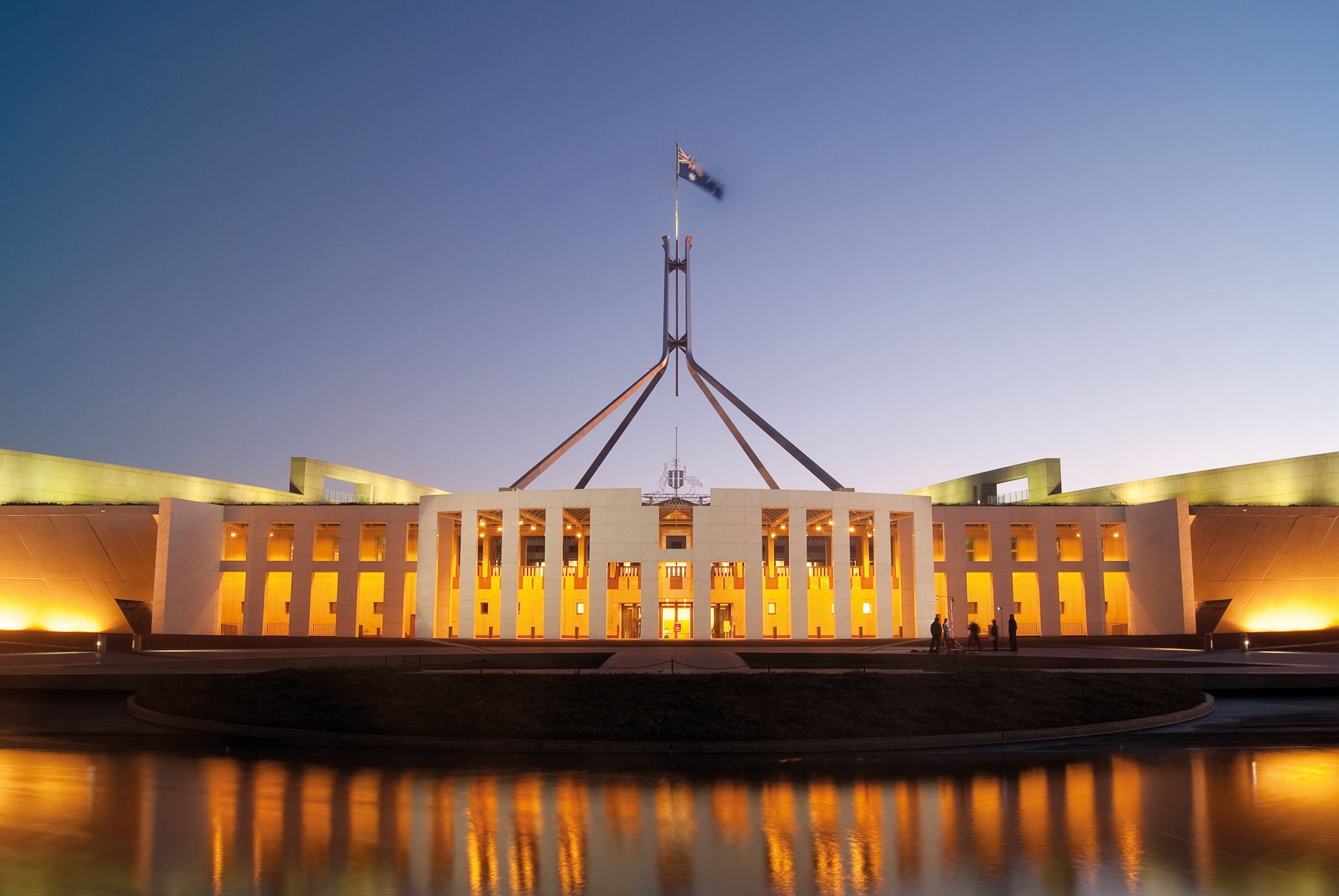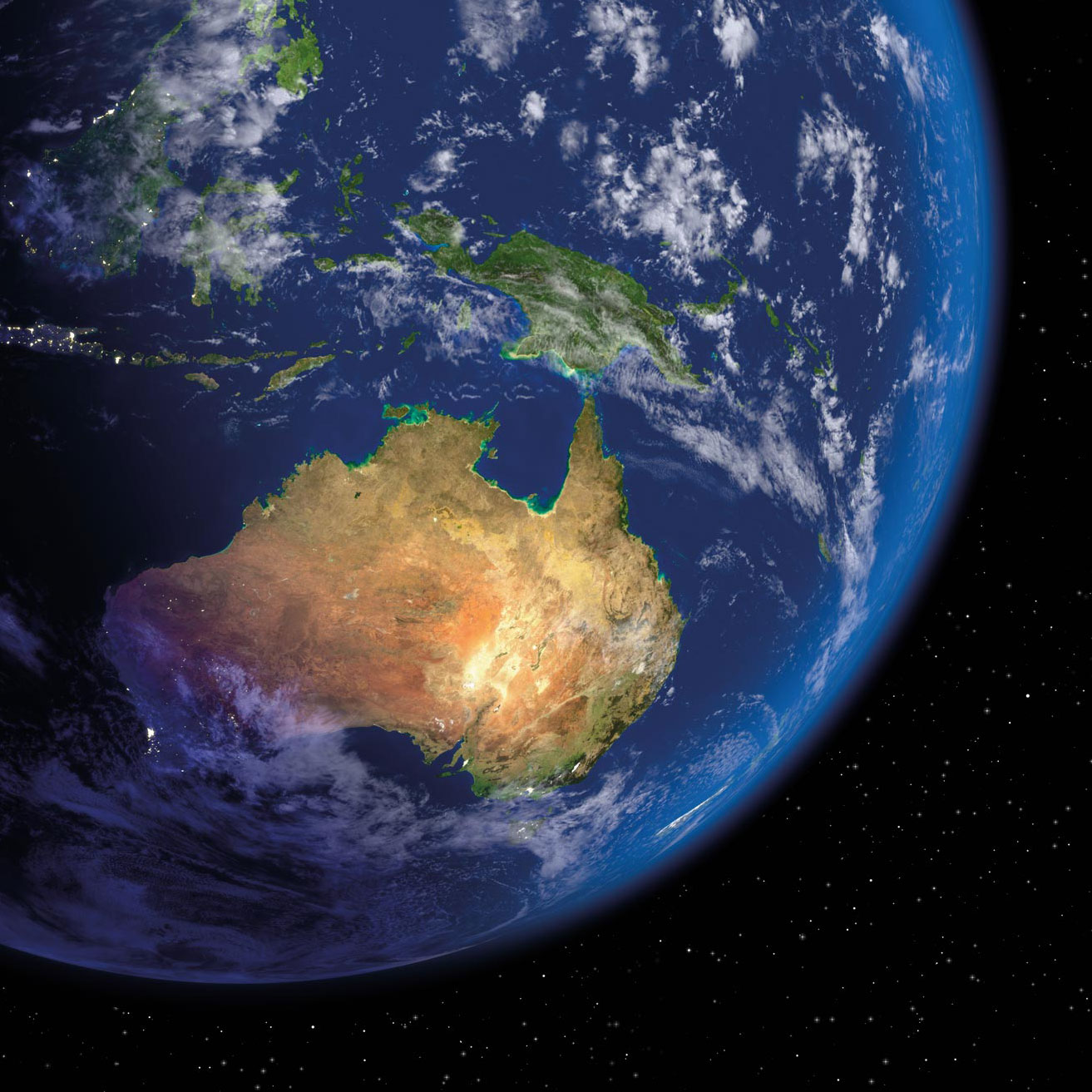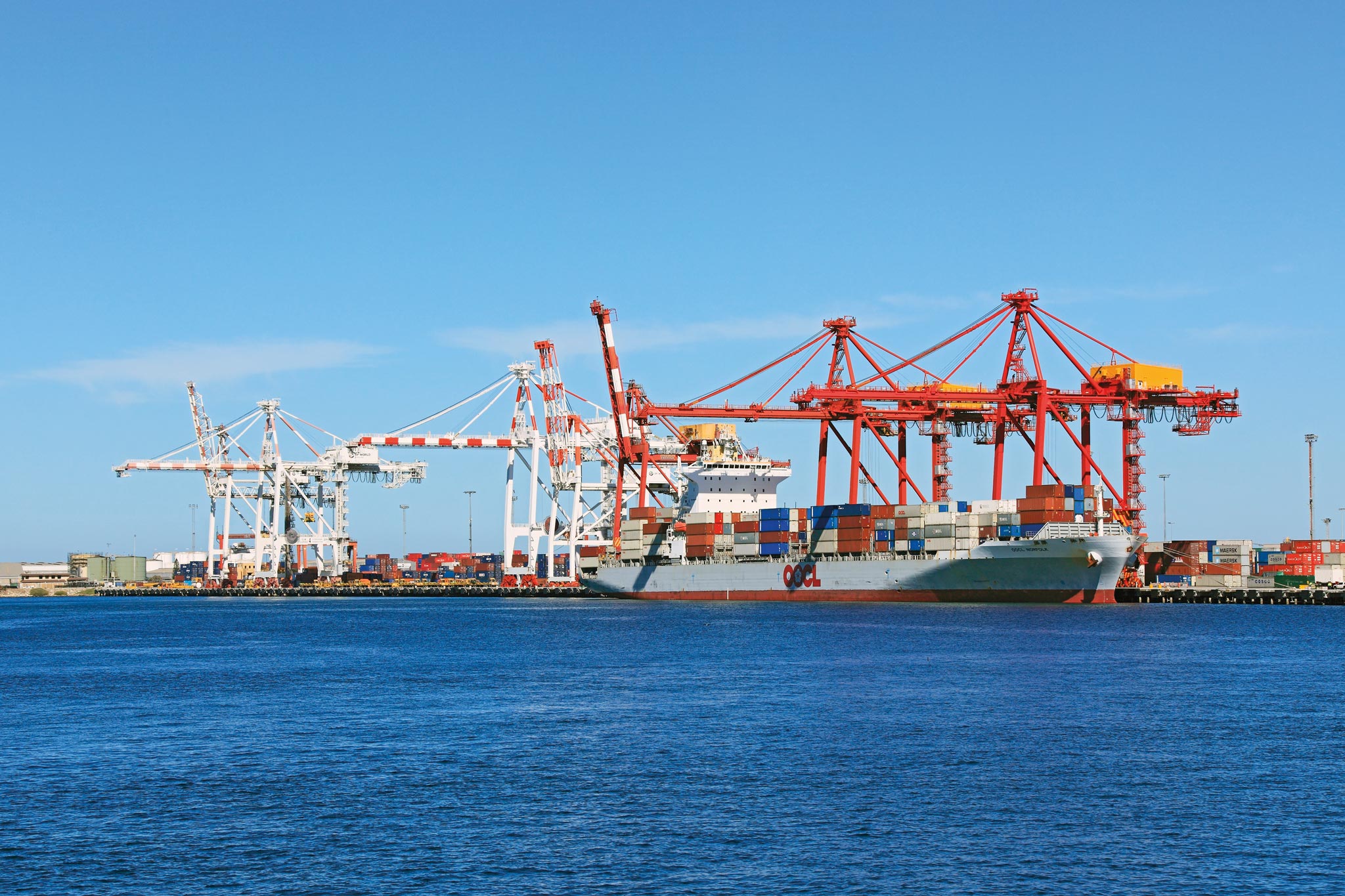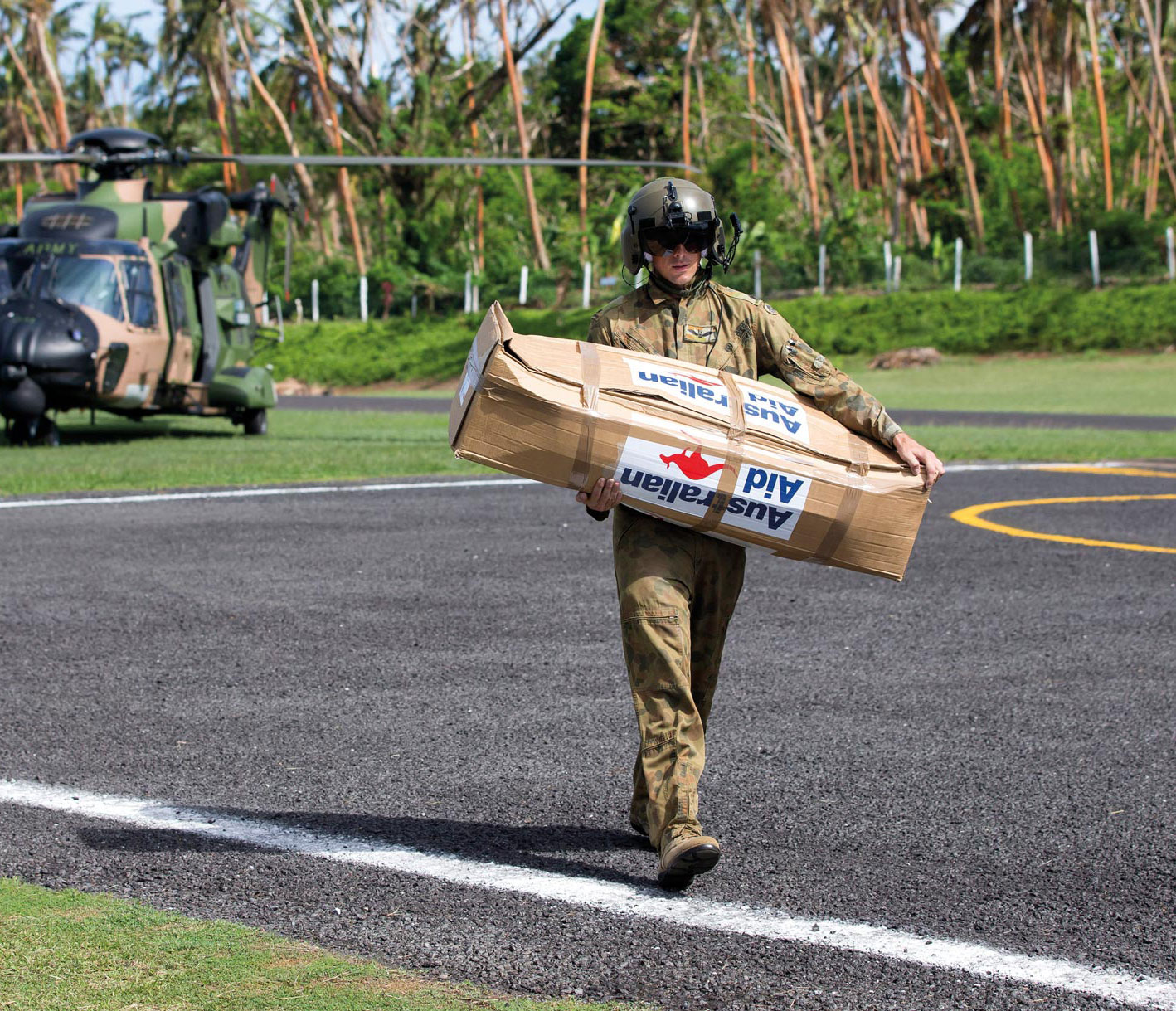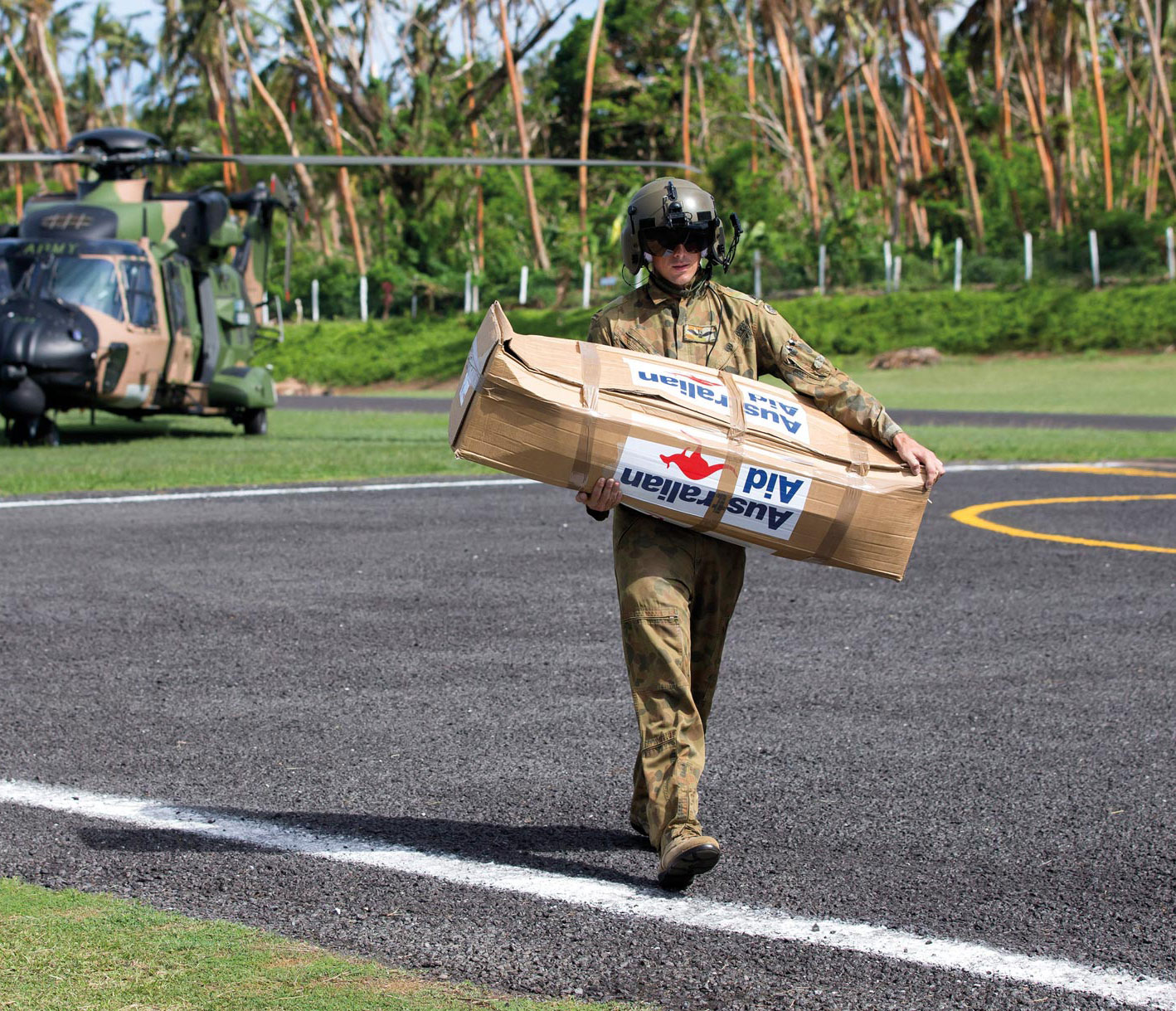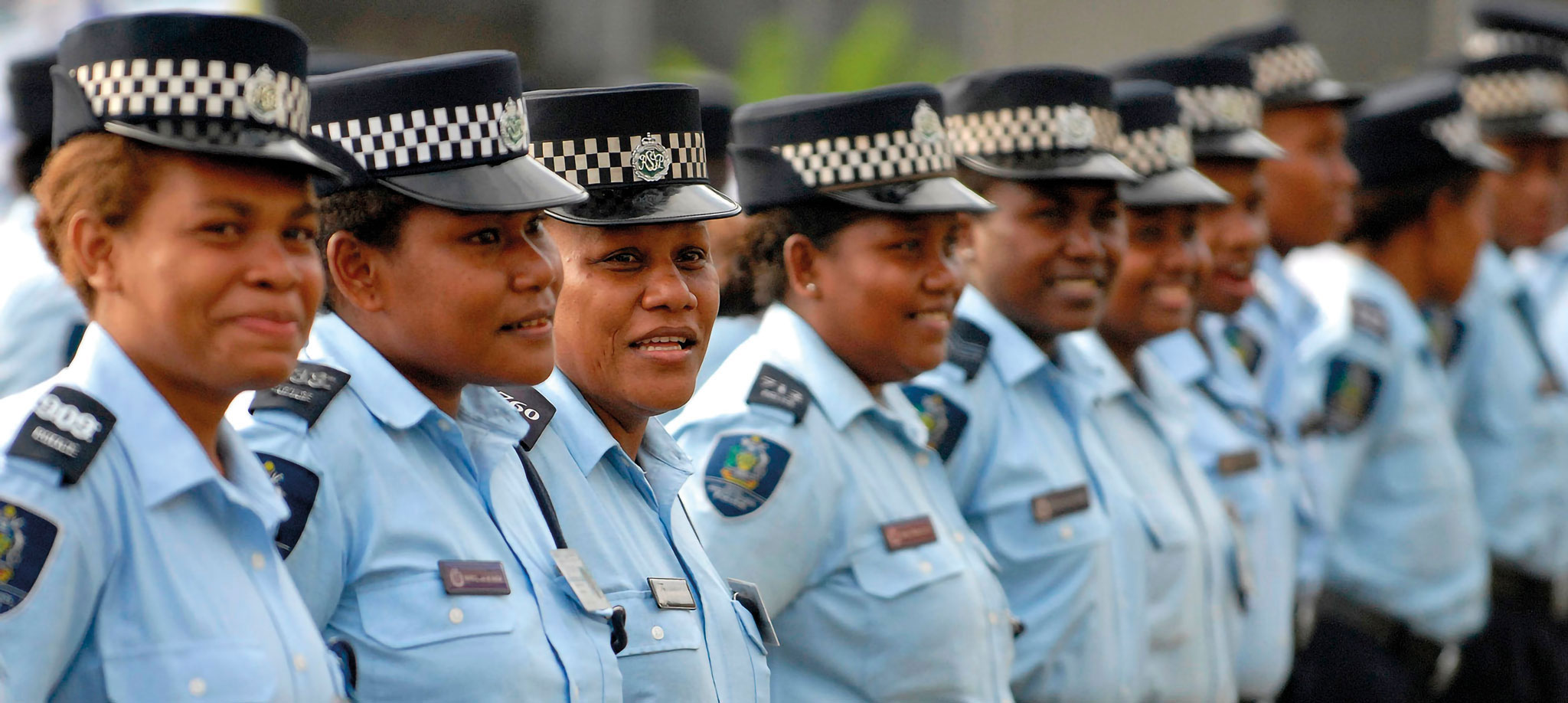The Government will do everything possible to keep Australians safe from the threat of terrorism and violent extremism. Since the national threat level was raised in September 2014, there have been several terrorist attacks in Australia and many disrupted plots. With the threat continuing to evolve we should be prepared for more attacks. At home and abroad, the Government will continue to deploy its full range of capabilities to reduce the lure of violent extremist ideologies and the likelihood of future attacks.
The Government is constantly reviewing and strengthening its counter-terrorism responses because the threat we face is both enduring and dynamic. Islamist extremists globally, but crucially also in Australia and in Southeast Asia, have been energised by the fighting in Iraq and Syria. New and emerging technologies are being used to conduct attacks, enable extremist activity and spread propaganda.
The Government has already invested an additional $1.5 billion since August 2014 to combat terrorism. We have strengthened counter-terrorism legislation, more than tripled our investments to counter violent extremism at home and established the Centre for Counter-Terrorism Coordination to improve coordination across government.
Australia’s Counter-Terrorism Strategy is based on partnerships between all levels of government, communities and the private sector. It focuses on:
- disrupting terrorist activity within Australia
- ensuring an effective response to and recovery from any terrorist incidents
- reducing the lure of violent extremist ideologies
- stopping Australians from using violence to express their views, and
- contributing to global counter-terrorism efforts.
At home, the Government has strengthened our control order regime, allowing us to monitor and limit where terrorist suspects can go and with whom they can associate. We have legislated to enable the continued detention of high-risk terrorist offenders. With the states and territories, local government, police and the private sector, we are implementing a strategy to protect crowded places, such as sporting stadiums.
The Government is taking steps to provide our law enforcement and security agencies with the capabilities to monitor the digital communication of terrorists. While Australia supports strong encryption to protect personal, commercial and government information, we will work with other countries and companies to ensure terrorists cannot operate with impunity in ungoverned digital spaces.
We work domestically and with our international partners to counter the drivers of violent extremism through early intervention and community engagement, and by challenging terrorist propaganda and recruitment techniques.
We continue to play an important role in defeating ISIL in Iraq and Syria within an international coalition. Beyond training Iraqi troops and conducting air operations, we are working with partners to destroy ISIL’s financing and economic infrastructure, counter its propaganda, provide immediate humanitarian assistance, and support stabilisation and the restoration of essential public services in Iraq and Syria.
The return of foreign terrorist fighters and their families from Iraq and Syria will continue to challenge the security of Australia, our region and the world. Some will be motivated to conduct or inspire terrorist attacks in their home countries. More than 200 Australians have travelled to these conflict zones and about 40 have returned. Some of these individuals remain a significant security concern.
The Government is responding decisively. We have cancelled or refused more than 200 Australian passports to prevent further travel to and from conflict zones. We will continue to work with international partners to bring foreign fighters to justice, prevent their movement across borders and manage the risks of their return to their countries of origin.
While ISIL and ISIL-inspired groups present the highest threat to Australians, the Government remains concerned about al Qa’ida, its affiliates and other terrorist groups, including in Afghanistan, Syria and North Africa. Other extremist networks are likely to emerge and draw on the same narratives that inspire ISIL and al Qa’ida. Australia will continue to contribute to international efforts to minimise safe havens for terrorists, including through our commitment to the train, advise and assist mission in Afghanistan.
The spillover of fighters, money, propaganda and ideology from extremist groups in the Middle East is increasing the threat of terrorism in and to Southeast Asia. Fighters from our region may seek to return to their countries as ISIL loses territory in Iraq and Syria, and some will be battle-hardened and primed to conduct attacks. There have already been a number of ISIL-inspired terrorist attacks in Indonesia and elsewhere in the region. Concerted international support will be required for Philippine efforts to counter the terrorist threat in the southern Philippines, an area which regional and local extremists will continue to exploit to plan and train for attacks.
Terrorism will therefore threaten the lives of Southeast Asians and Australians living in and travelling to the region. It will undermine the security, and may threaten the stability, of our partners. Australia is determined to work with regional partners to respond. We will host the ASEAN – Australia Counter-Terrorism Conference in Australia in 2018 to put in place a plan for collective regional action.
Australia will continue to support regional efforts to disrupt attacks and degrade terrorist networks, build the capacity of partner countries to counter terrorism and violent extremism, and strengthen counter-terrorism laws.
We strongly support efforts led by regional
and international organisations to counter
terrorism and violent extremism. We are a
strong voice in developing and implementing
global rules and norms to counter terrorist
financing, arms smuggling and illicit trade
in chemicals and precursors used to make
improvised explosive devices.




